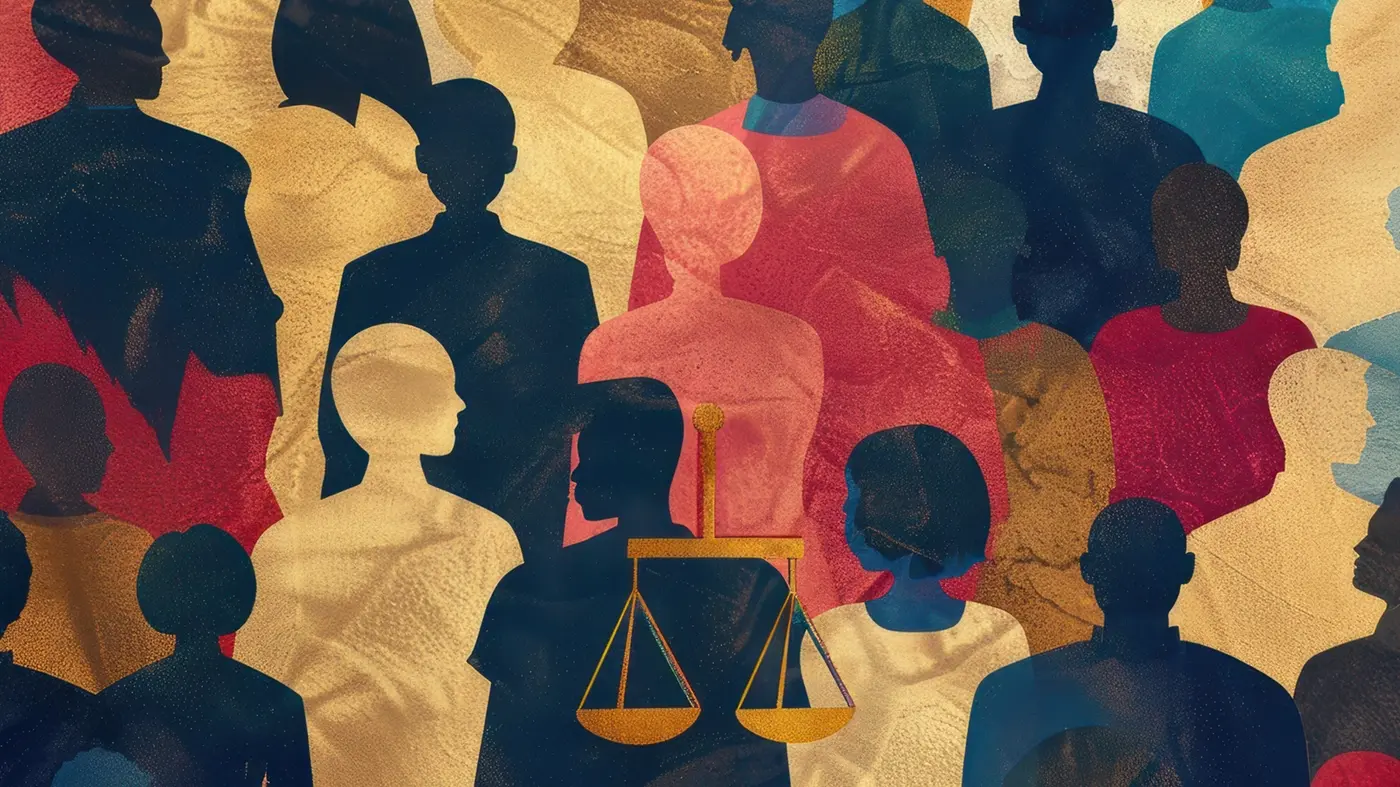Amid the United States’ turn towards isolationism – cutting off allies and slashing foreign aid – Vice-President J.D. Vance has clashed with Pope Francis over the question of whether we should love our own family and country more than strangers in distant countries. Vance and the Pope speak as though there is one true morality but, argues Steven Hales, the impossibility of resolving their dispute shows this isn’t the case. Instead, evolution has landed us all with incompatible moral instincts, both to favor our own families and to treat everyone equally. Appeals to a single moral truth are really just ways of trying to persuade others to embrace one or other of these competing internal drives.
The United States is busy slashing foreign aid, and Britain is following suit. Last year US aid amounted to nearly $72 billion, comprising 1.2% of the federal budget. About half of this money went to disaster relief and humanitarian assistance, and to combat diseases like HIV/AIDS and influenza. The rest went to economic development, peace and security efforts, education, and things like that.
Vice-President J.D. Vance defended the cuts in a Fox News interview, saying, “there’s this old school concept – and I think it’s a very Christian concept, by the way – that you love your family, and then you love your neighbor, and then you love your community. And then you love your fellow citizens in your own country, and then after that you can focus and prioritize the rest of the world.” A bunch of other Christians, such as UK politician Rory Stewart, immediately jumped up to object that Vance sounded less like a Christian and more like a tribal pagan. Vance retorted that Stewart needed to get straight about the correct ordo amoris, or order of loves. Then Pope Francis weighed in that “The true ordo amoris that must be promoted is that which we discover by meditating constantly on the parable of the ‘Good Samaritan’ (cf. Luke 10:25-37), that is, by meditating on the love that builds a fraternity open to all, without exception.”
Let’s put the theology aside. The United States is a pluralist society founded on principles of religious liberty, so any religious appeals to justify public policy are prima facie inappropriate. However, the debate between Vance on one side and Pope Francis and Rory Stewart on the other does in fact represent a deep schism between classes of moral theories, just in theological clothing.
Agent-neutral vs. agent-relative moral theories
Moral theories divide into agent-neutral and agent-relative. An agent-neutral moral theory is one according to which everyone has the same duties and moral aims, no matter what their personal interests or interpersonal relationships. Agent-relative moral theories deny this. Egoism is the poster child for an agent-relative theory – my only moral duty is to advance my own interests, and your only moral duty is to advance yours. We have fundamentally different aims. Utilitarianism is the classic agent-neutral view – each of us has the exact same duty, namely to produce as much global happiness as we can with each of our actions. We have the same aim.






















Join the conversation